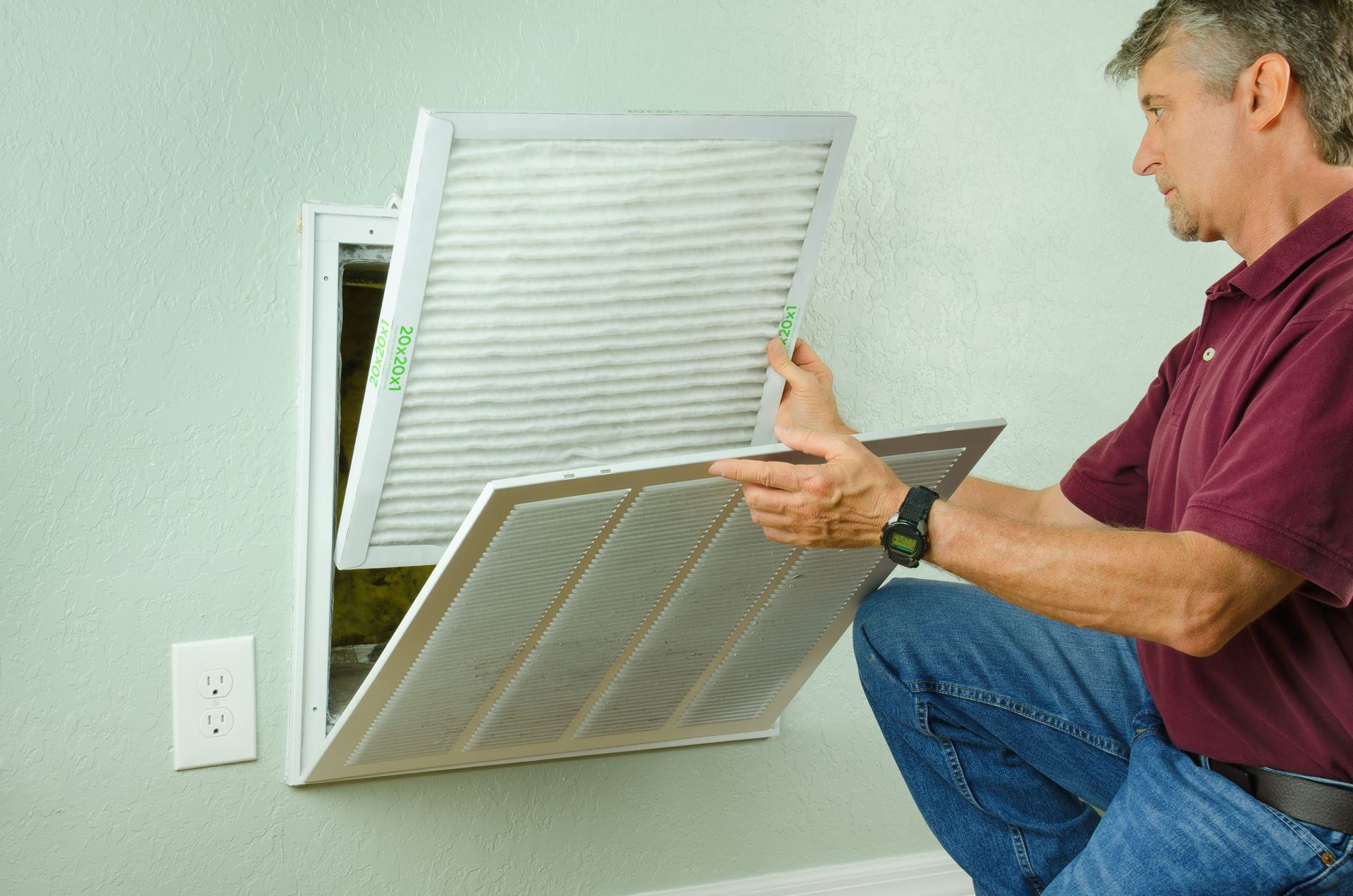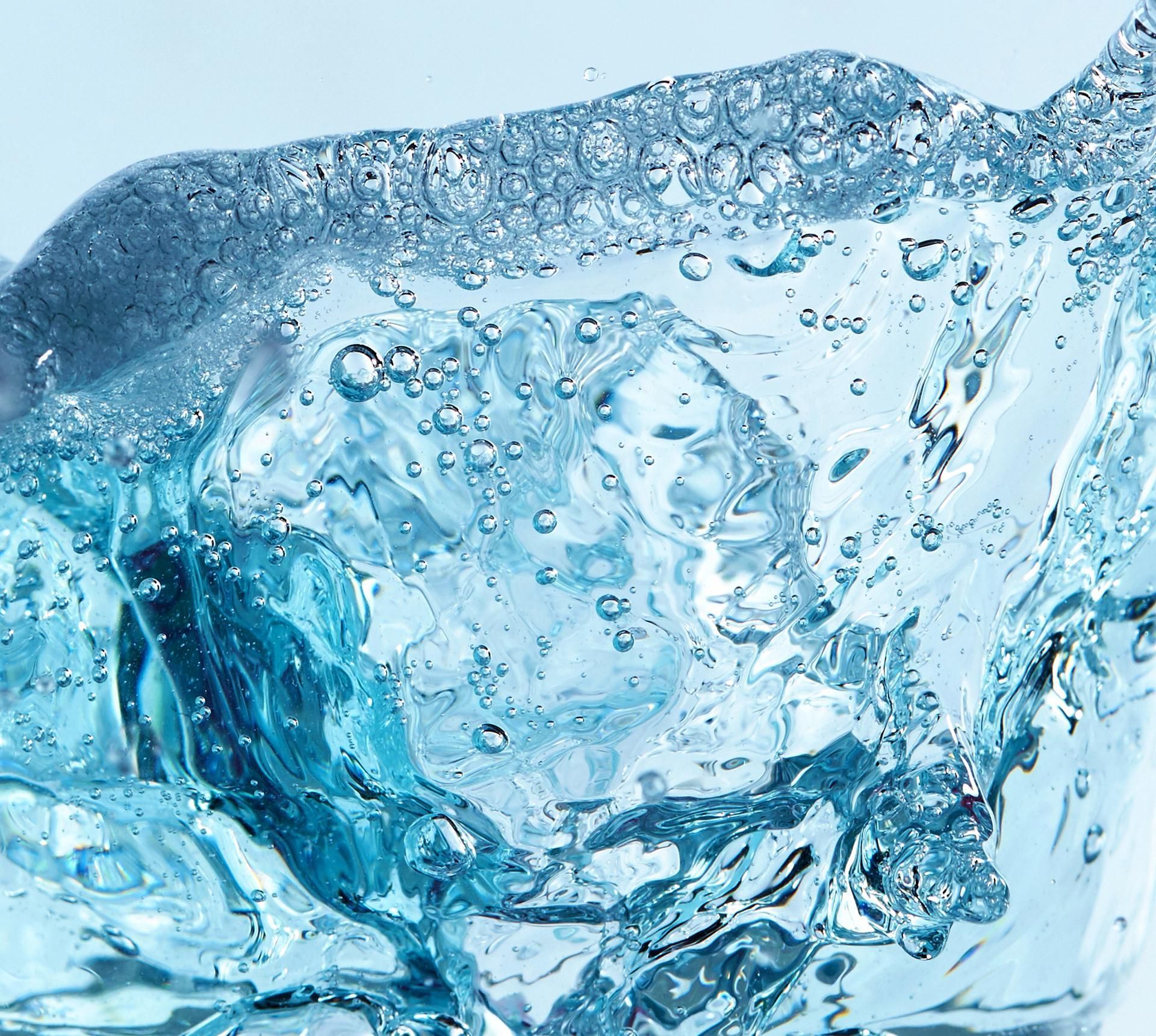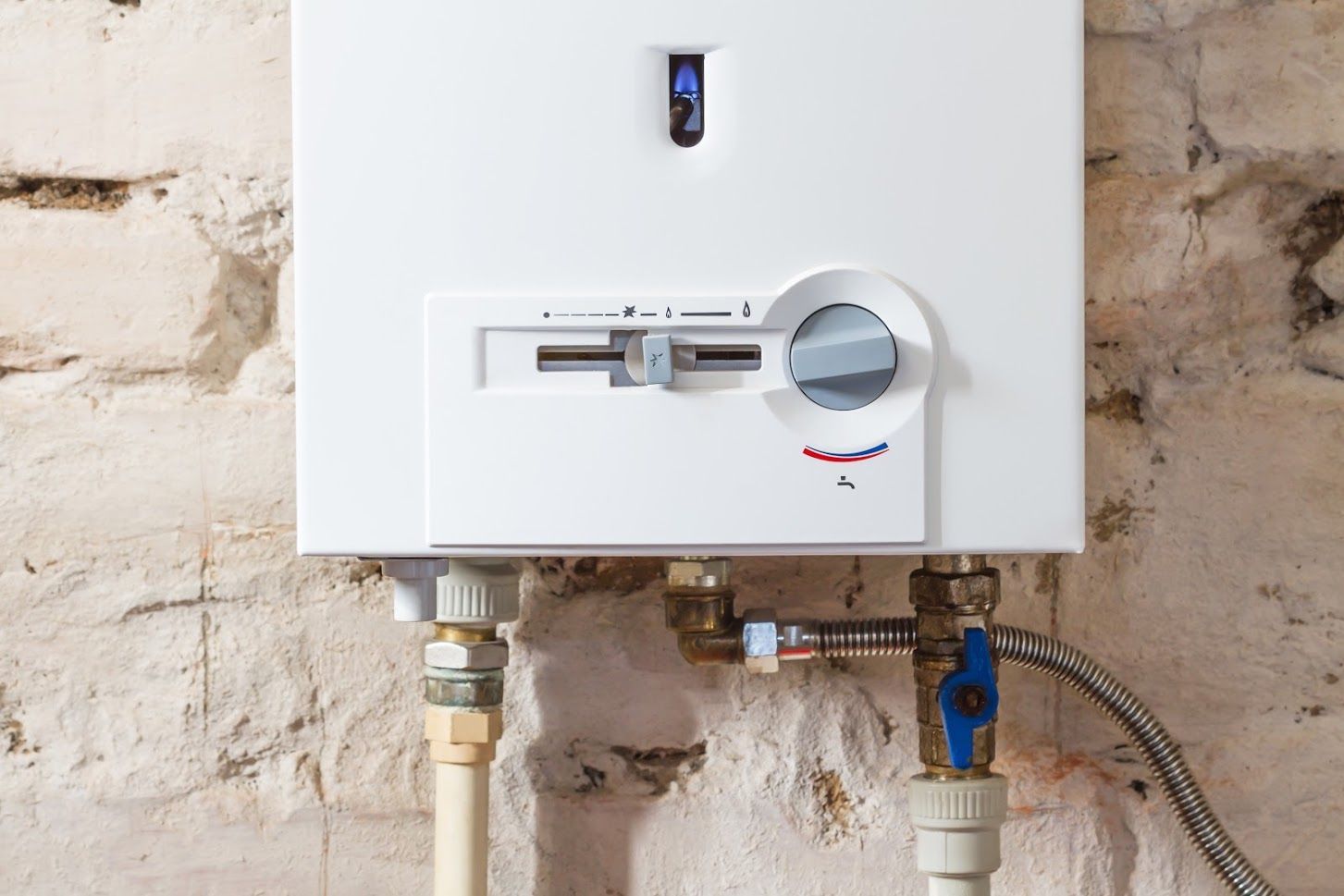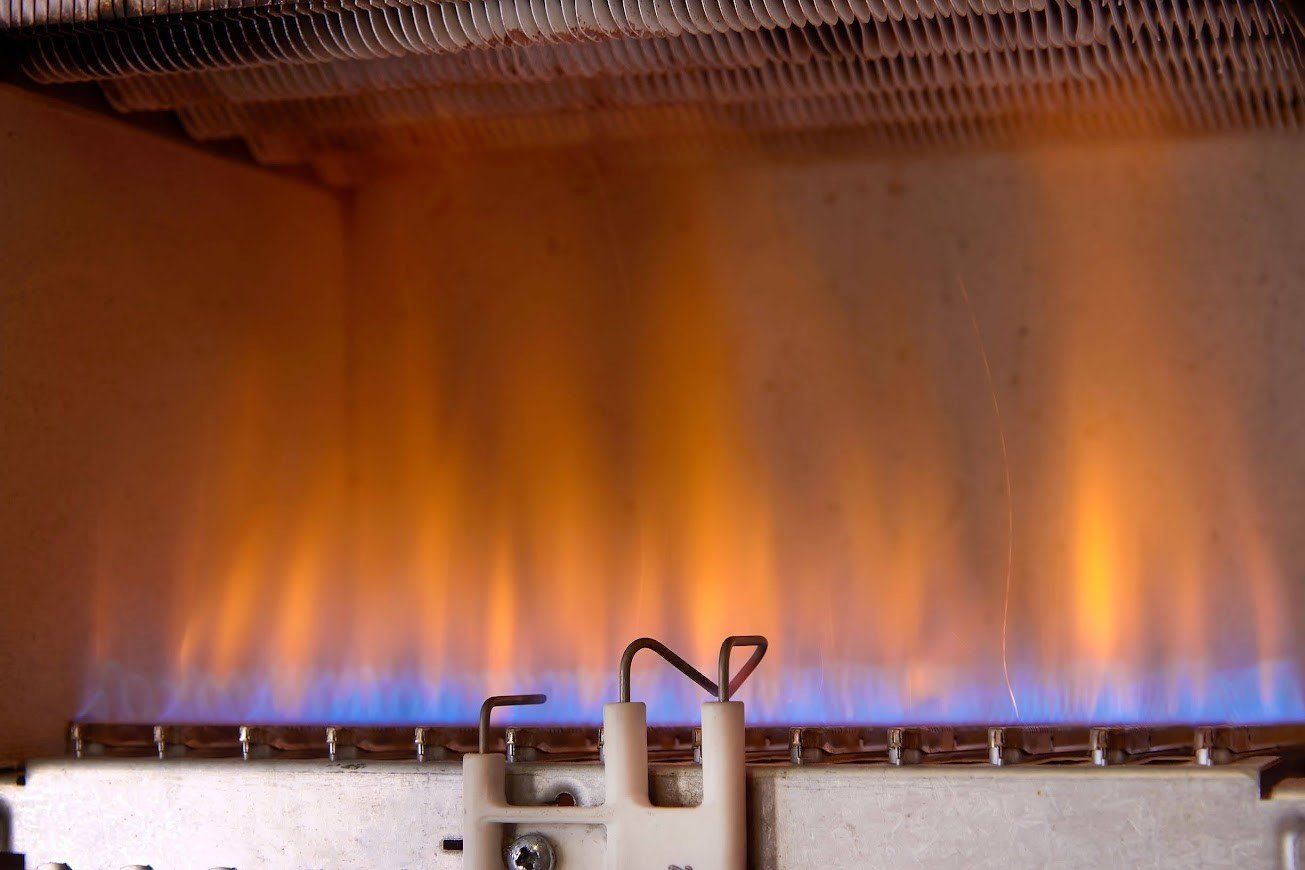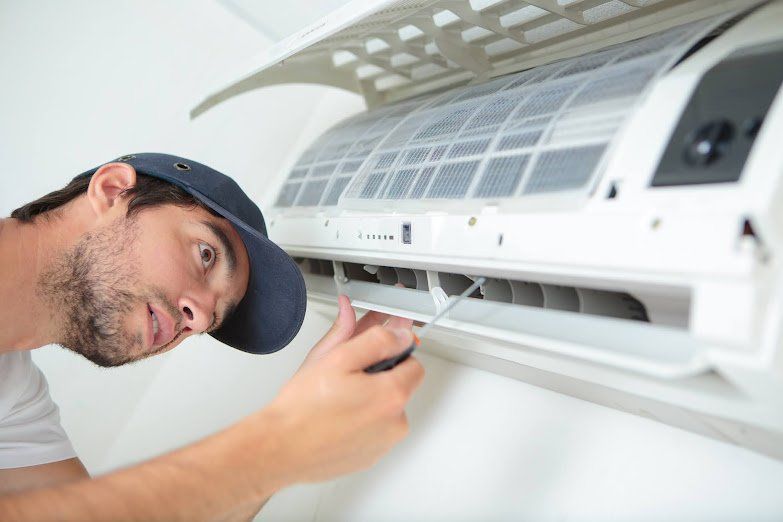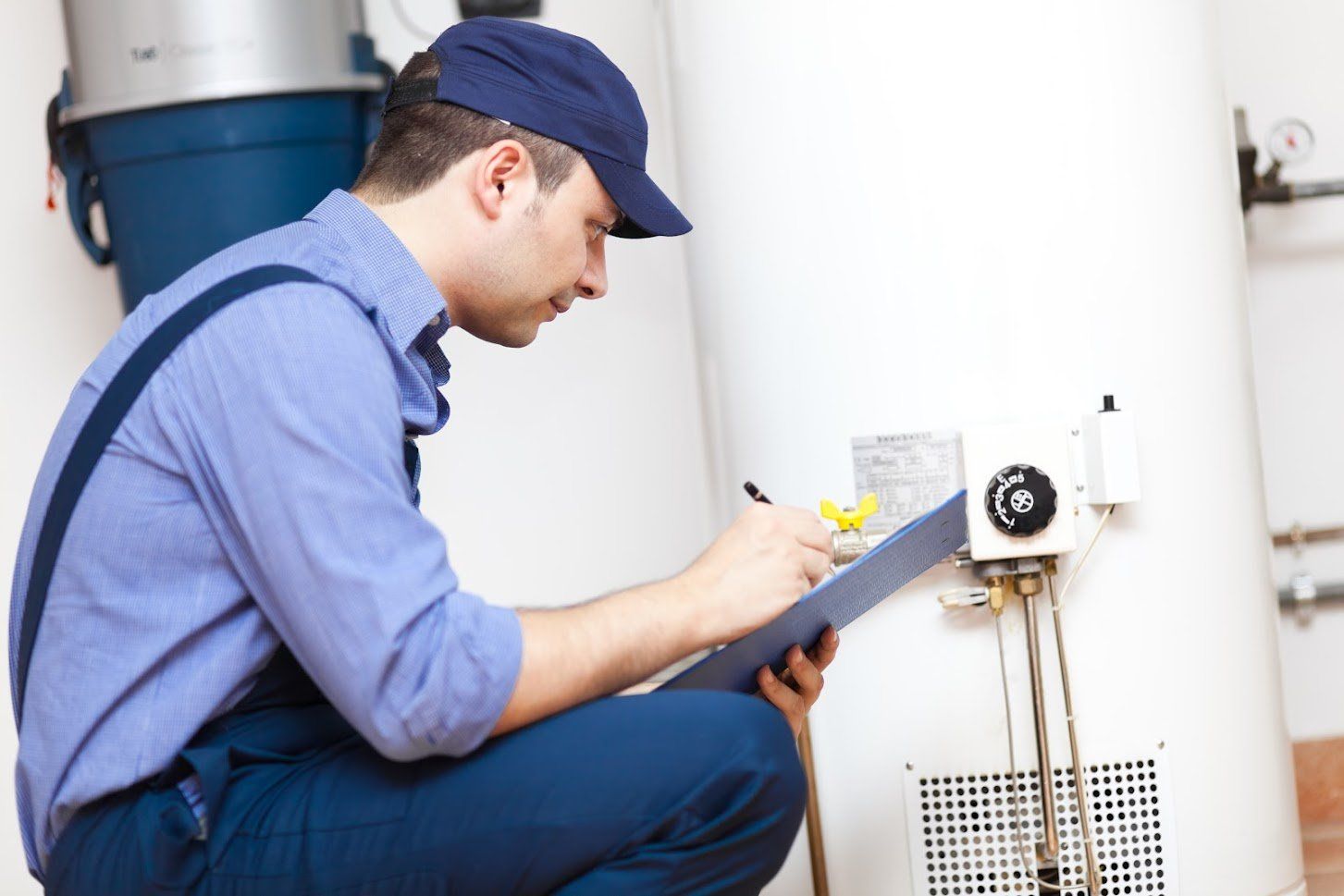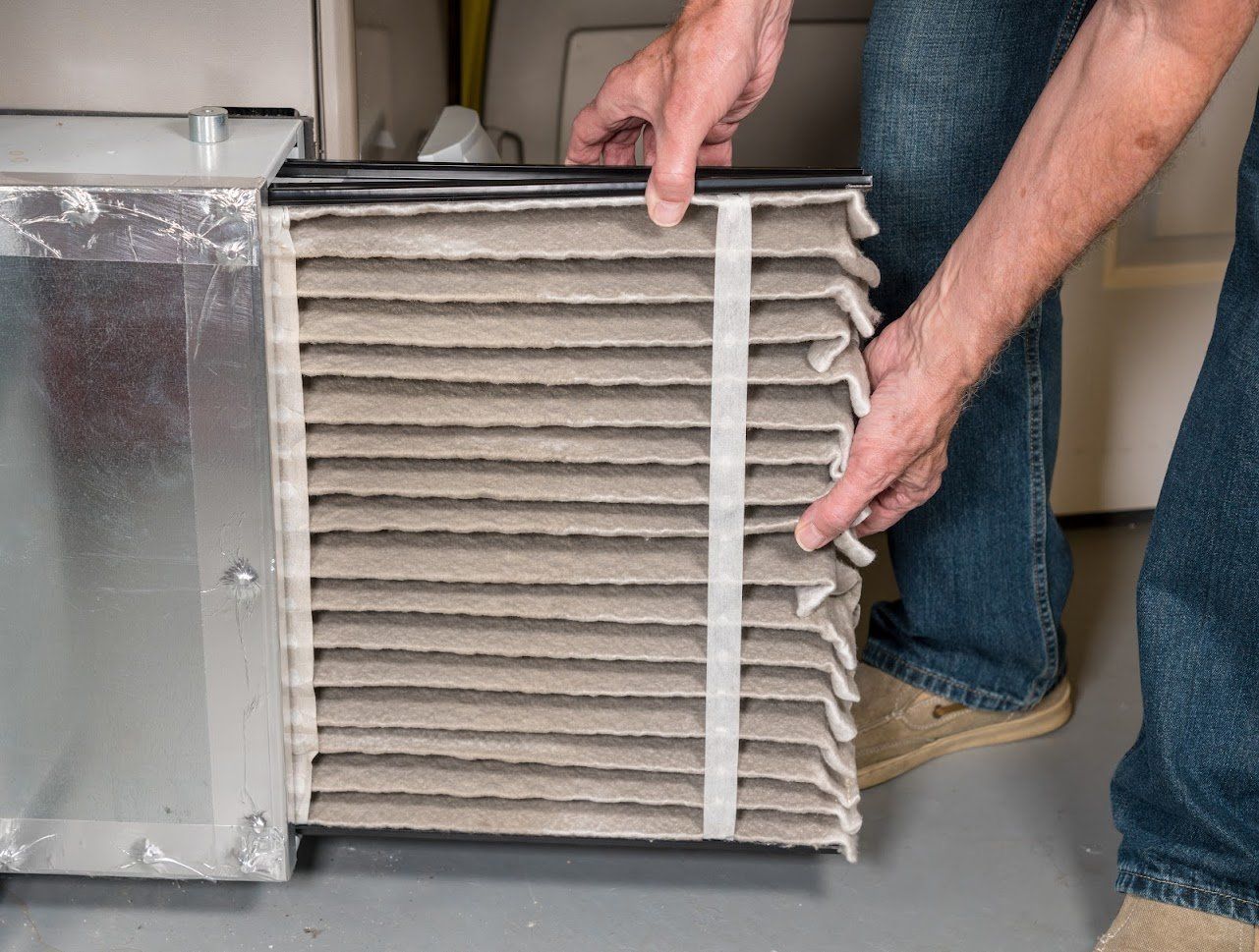Focus Areas When Customizing an HVAC System
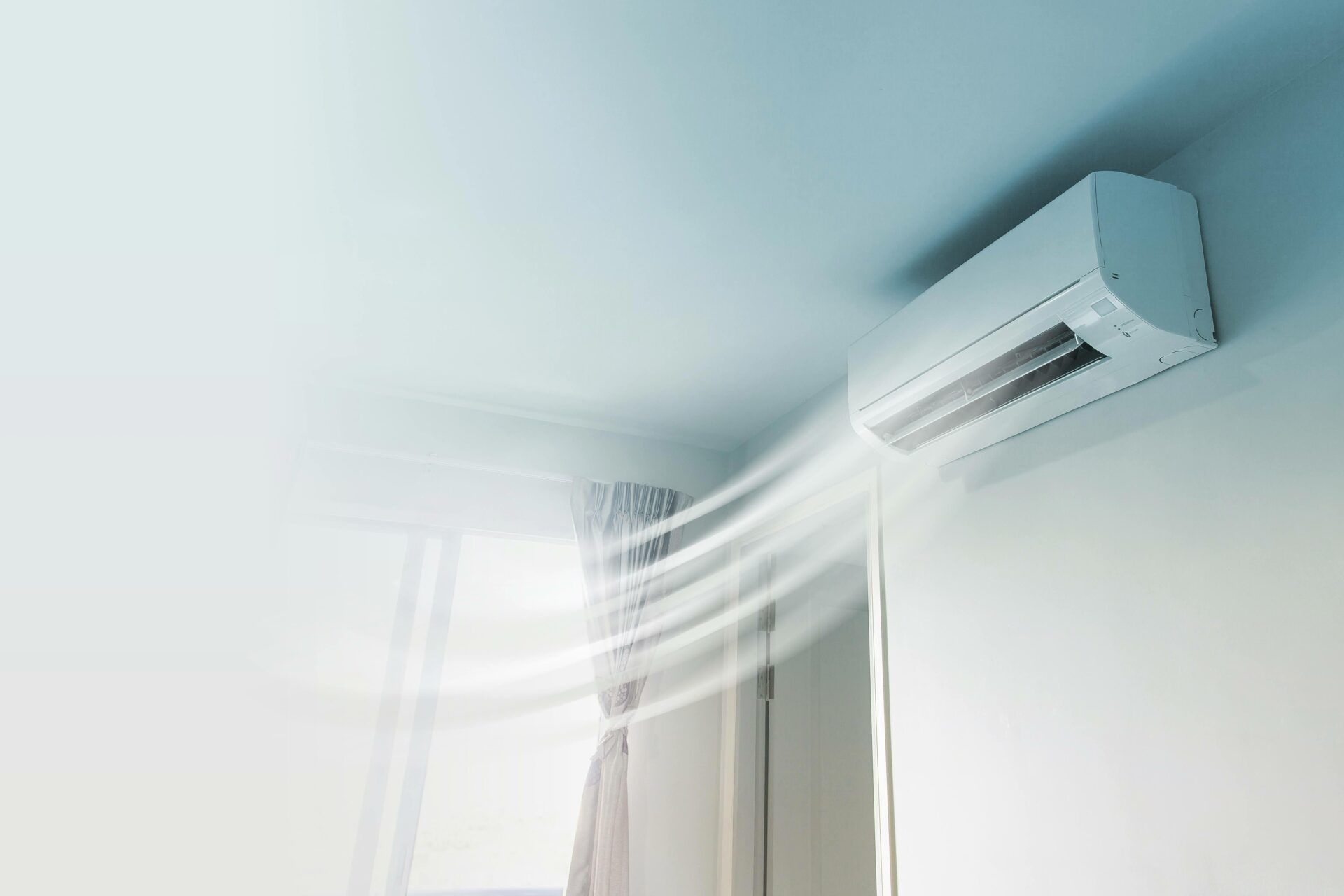
Every home has unique factors that determine HVAC performance. For example, some homes naturally experience higher airflow than others do. A contractor should design your HVAC system to meet your unique needs. Below are some of the things the contractor will focus on when designing your HVAC system.
Indoor Air Quality
Your HVAC system can affect your indoor air quality (IAQ). A good HVAC design will ensure a positive effect on your IAQ. Some of the things that affect IAQ include:
- Humidity
- Dust (e.g., from aging structures)
- Pet dander
- Mold growth
Here are some HVAC design parameters that will help you improve your home's IAQ:
- Adequate HVAC sizing to avoid short cycling that might hinder humidity extraction
- Proper air filter selection depending on the expected dust and debris (for example, dusty homes might require finer filters than cleaner homes)
- Proper ventilation to get stale air out of the house without admitting debris from outside
Your HVAC technician will assess the environment and advise you on measures to improve your IAQ.
Airflow
HVAC operations thrive on airflow. Good airflow is necessary to:
- Circulate fresh air throughout the house
- Get stale air back to the HVAC
- Prevent dust and debris from accumulating or circulating in the house
Thus, a good HVAC design must provide adequate airflow. HVAC designers achieve good airflow by:
- Using duct sizes that can handle the airflow that your house needs
- Installing the return and supply registers in the right places
- Using the right air filter
After the system installation, you have to service it to maintain good airflow.
Heat Gain or Loss
The amount of heat gain or loss determines how fast the house heats or cools. For example, a building with high heat gain will require less energy to heat and more energy to cool. Some of the factors that determine heat gain or loss include:
- Number and sizes of windows, doors, and other openings
- Local climate
- Building materials
For example, numerous windows and doors will require more cooling during the summer than a similar building with a few tiny windows. As a result, the HVAC contractor must consider those factors when designing your HVAC system.
Extra Features or Personal Preferences
HVAC systems come with various features that enhance their efficiency, functions, and convenience. Some of the features include:
- Smart thermostats that allow remote control of the HVAC system
- Occupancy sensors that detect rooms in use and automatically adjust the temperature
- Automatic dampers that do not require mechanical activation
- Variable speed compressors that match the cooling output to your needs instead of running at full capacity all the time
- HVAC zoning systems that provide independent heating or cooling to different parts of the house
Discuss your needs and personal preferences with your HVAC technician. That way, the contractor will incorporate them into your HVAC design.
HVAC Types
The contractor will also consider the type of HVAC you want. The basic types include:
- Split systems with separate units for heating and cooling with indoor and outdoor units that serve distinct purposes
- Hybrid systems that can run on different energy sources, such as electricity and natural gas
- Packaged systems that integrate the major components into a single unit
- Ductless systems that do not require ducts to distribute air throughout the house
These systems have different pros and cons that the contractor must consider during HVAC design. For example, some systems are more efficient than others.
Comfort Technology has the skill and experience to design an HVAC system that matches your needs. We have been in the HVAC industry for over 25 years.
Contact us for quotes on all your HVAC needs.


